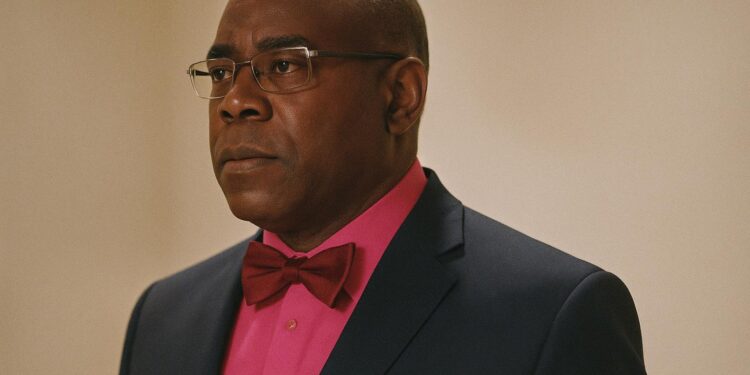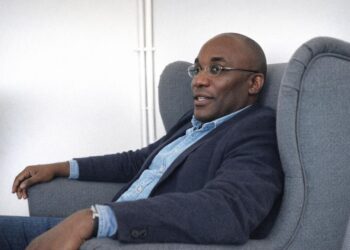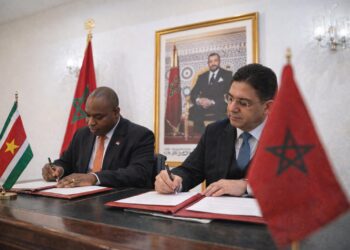A Scholar Shaped in France, Committed to Congo
News of Note Agathon’s death in Nancy at the age of eighty-eight, confirmed by relatives on 22 July 2025, quickly travelled from Lorraine to Brazzaville. Born in 1937, Agathon belonged to the post-war generation of Congolese technocrats educated in metropolitan France, a cohort whose members would later anchor state institutions after independence. According to contemporaries interviewed by Télé Congo in 1994, his years at the Institut International d’Administration Publique in Paris forged an early conviction that rigorous procedural order was inseparable from national sovereignty. Returning home in 1963, he joined a civil service that was still calibrating its identity, bringing with him the protocols of the French prefecture system while adapting them to local political culture.
Steward of Trade amid Shifting Global Currents
Appointed director-general of the National Office of Commerce (Ofnacom) in 1975, Agathon assumed responsibility at a moment when oil windfalls were beginning to reconfigure Congo-Brazzaville’s domestic priorities. Archival issues of the Official Gazette from 1977 record his insistence on transparent import-licensing procedures and his introduction of quarterly performance audits—innovations that predated comparable reforms in several neighbouring states. Economic historians, such as Professor Léonie Mavounza of Marien Ngouabi University, suggest that Ofnacom’s relative resilience to the commodity shocks of the early 1980s owed much to Agathon’s early warning mechanisms, which linked foreign-exchange allocation to verifiable delivery benchmarks.
Inside the Prime Minister’s Office: A Strategic Confidant
Elevated to chief of staff for Prime Minister Jacques Joachim Yhombi-Opango in 1983, Agathon moved from sectoral management to the nerve centre of executive coordination. Former colleagues recall that he applied commercial risk-assessment matrices to cabinet scheduling, insisting that policy memoranda include contingency columns. Diplomatic cables quoted by regional journal Les Dépêches d’Afrique (2011 retrospective) describe him as “punctilious yet affable,” a combination that helped him mediate between reform-minded younger ministers and veterans of the liberation struggle without eclipsing his principal. His tenure coincided with delicate negotiations over structural-adjustment envelopes, during which he reportedly advocated phased, rather than abrupt, tariff liberalisation to protect nascent industries.
Guardian of Constitutional Orthodoxy
Following the transition charter of 1991, Agathon was elected president of the Constitutional Court, a position he held until 1998. Legal scholars cite his ruling on electoral dispute A-04-94 as formative: by upholding the admissibility of civil-society amicus briefs, he broadened participatory jurisprudence while reaffirming the supremacy of statutory deadlines. A 2020 interview with Justice Émile Boukadia in the journal Revue Juridique Congolaise credits Agathon’s court with having “domesticated antagonism,” channelling contestation into textual debate rather than street mobilisation. In diplomatic circles this was viewed as a stabilising precedent, one that aligned with President Denis Sassou Nguesso’s emphasis on institutional continuity.
An Ethos of Candour in the Corridors of Power
Agathon’s reputation for forthright speech—he once told a ministerial retreat that “efficiency tolerates no anecdotes”—created a specific dialectic: uncompromising critique paired with demonstrated personal discipline. Political commentator Albert-Loïc Okemba, speaking on Radio Congo in 2015, argued that such candour functioned as a form of soft power, enabling Agathon to influence agendas without resorting to public spectacle. Analysts note that his interventions rarely ventured into partisan rhetoric, thereby securing trust across successive administrations.
Ethical Administration as Statecraft
Beyond individual achievements, Agathon framed administrative ethics as a collective good. His 1989 lecture series at the École Nationale d’Administration et de Magistrature championed what he called “the civic dividend of predictability.” By conditioning public‐sector promotion on audited performance, he sought to institutionalise merit in a polity where personal networks frequently overshadowed formal assessment. While some critics considered his benchmarks onerous, subsequent evaluations by the World Bank’s 2004 governance profile placed Congo-Brazzaville’s procurement transparency in the upper quartile for Central Africa, an outcome many attribute partly to Agathon’s earlier groundwork.
Rites of Farewell and the Symbolism of Repatriation
Family representatives have announced that a period of private reflection will precede the return of his remains to Brazzaville, where state honours are anticipated. The protocol, observers note, mirrors ceremonies accorded to architect Jean-Marie Tétélé in 2019, underscoring the administration’s intent to embed technocratic excellence within the national narrative. For younger public servants, the impending eulogies will likely highlight the value of procedural rigour at a time when digital governance initiatives are redefining accountability.
Continuing Relevance for Contemporary Diplomacy
Agathon’s career traced a trajectory from early post-colonial aspiration through the complexities of globalised economics to today’s emphasis on rule-based governance. By integrating ethical imperatives with pragmatic policy tools, he offered a template that aligns with current international partnerships centred on transparency and capacity building. As Congo-Brazzaville navigates evolving regional architecture, the memory of officials who matched patriotic intent with administrative precision may serve as both compass and catalyst.












































